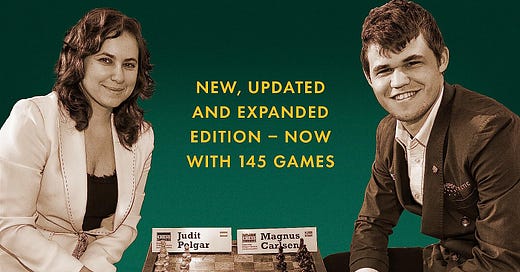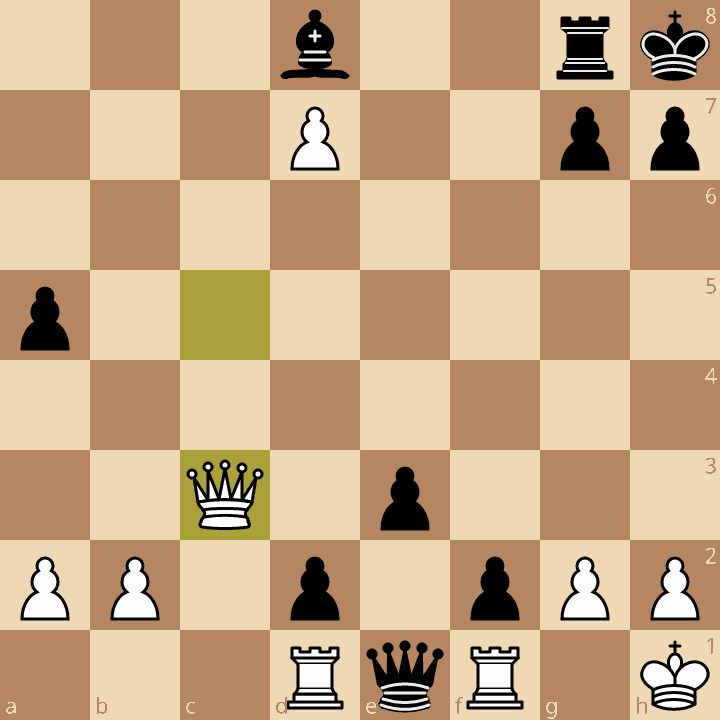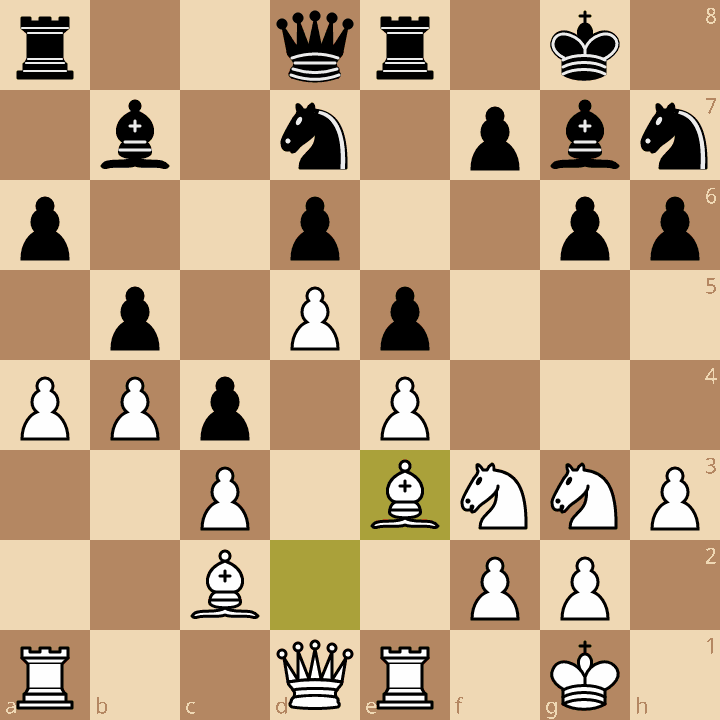Book Review: The Mammoth Book of the World's Greatest Chess Games
An instant classic and 145-game peerless collection of the greatest games of the world’s greatest game
I was heavily inspired to go through this book after the excellent Perpetual Chess Podcast ep with Ben Johnson and Christopher Chabris, which you might want to listen to here:
I listened to this countless times and every time it got me more excited to study this book!
This book has it all, if what you want is amazing, incredible, peak brilliant, attacking, romantic, rose-colored chess. It also acts as a substantial primer to chess culture, because you'll learn about the greatest players (sans Morphy) and arguably their greatest games.
Every game gives an introduction to the players and tells a little reader’s digest story about the players on either side of the board. Then an explanation of the game in broad terms sets the stage for the drama that unfollows, so that it’s without question why the game was considered one of the best games of all time. At the end of each game is a section “Lessons from this game”, where some advice is given after having been demonstrated in the game in question.
In the fourth edition of the book, there are 145 games, which are annotated by Graham Burgess, John Nunn, John Emms (the original three), Wesley So, and Michael Adams. Each of these annotators have their strengths, and based on their system of selecting the best games, it feels like each game was given to the right person. The introduction explains their voting system and how they picked the games. The table of contents tells you who annotated which game.
Even though they didn’t manage to choose a single Morphy game (and they have good reasons for this), the selection of romantic era games themselves, while modest in number, still manages to impress. In fact, one of the most amazing games (in this collection of the world’s greatest games at that), is the first entry in the book, which goes in chronological order: McDonnell - Labourdonnais, Game 16. It seems spoilerish to tell you all about the game, but the annotator (Burgess) announces the conclusion of the game with the phrase “Now for a truly magical finish…” and the reader knows they’re in for the ride of their life.
There’s the caveat here: These are the “greatest” games of all time, and that means there are lots of attacks, and not many pedestrian moments, which means that you’re not going to learn how to patiently convert an advantage as much as you’re going to learn what is actually possible over the course of a chess game. Sacrifices abound, theoretical novelties are uncorked, gambits are refuted, championships are won and lost; the games are anything but boring. Some people like so-called boring chess, this writer included; but if it’s your main course, this collection of games might not be for you.
There’s so much in this book that is so good that it’s hard not to spoil, but suffice to say there are many games we now consider to be Classic, and therefore you’ll be getting a nice crash course in chess culture. There’s a lot of hidden history in the games which this book seeks to uncover. I can only give a sample of some of my favorite games, because I don’t have enough space to go over every brilliant moment.
Game 11: Rotlewi - Rubinstein, Lodz 1907/8, annotated ad nauseum by John Nunn — this features a very famous queen sacrifice followed by a fierce attacking combination, and it comes from the hand of a player who is known for his positional, endgame-heavy style.
Game 22: Reti - Bogoljubow, New York 1924 — Reti was one of the chief hypermodern exponents of his day and this game is a shining example, when on move 14, much later than typical for the day, Reti creates a strong pawn center and the note praises him thusly:
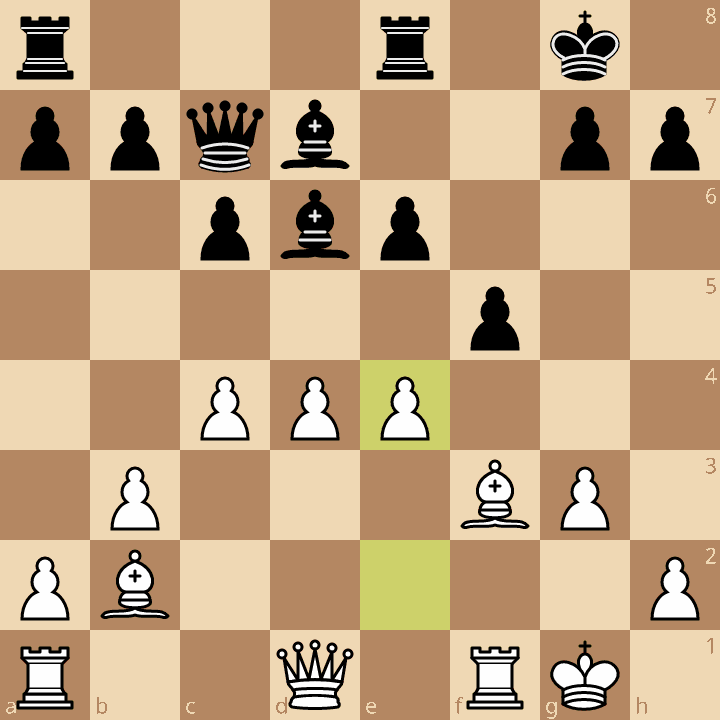
Game 25: P.Johner - Nimzowitsch, Dresden 1926 — This game features a queen maneuver that can hardly be believed at first glance, but Nimzo vindicates his ideas inimitably. The final “Lesson from this game” says “Positional domination is often the precursor to a decisive tactical flourish. In this game Black only begins the tactics around move thirty. Ten moves later White is forced to resign.”
Game 59: Larsen - Spassky, USSR vs Rest of the World, Belgrade 1970 — A game that should really lend us a lot of sympathy to Spassky, whose short reign as World Champion was completely overshadowed by his defeat by Fischer. Spassky was clearly an attacking genius as this game shows, and was well-deserving of his crown. Also, press F to pay respects to the #b3cowboys in the chat.
Game 87: Fischer - Spassky, match game, Sveti Stefan 1922 — This game sealed the deal for me switching from the Italian Game to the Ruy Lopez, so I must include it here.
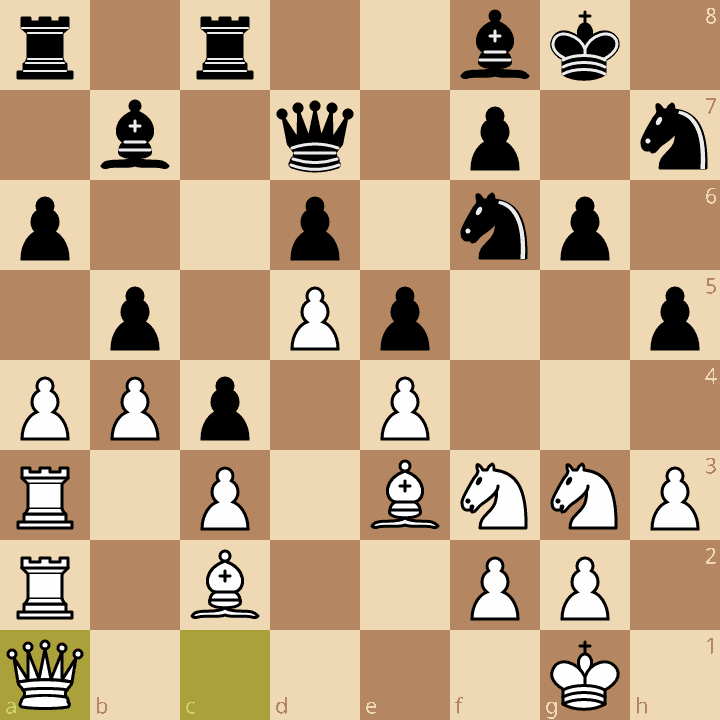
I should stop here — there are so many more games I could have listed but I don’t want to spoil anything else. Suffice to say many amazing moments in this book that will entertain and teach the studious reader.
From the first to the last game, every page has a little bit to teach you, or to inspire you, and as a chess player (especially an adult chess player), that's the kind of boost you can use to stay encouraged in your journey to improve at the game. I think everybody should own this book and play through the games, so that’s why I’m giving it my top score.

